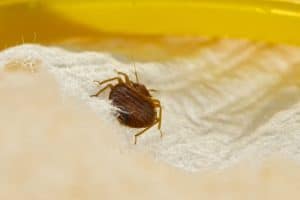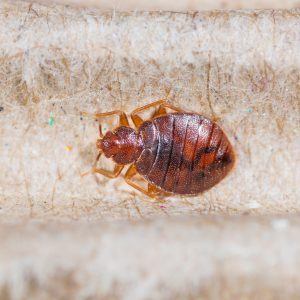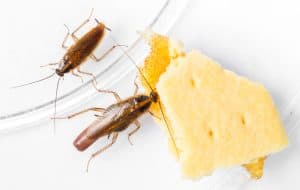Pest Proper: Get rid of pests properly
Everything you need to know about dealing with pest problems at home and yard. Check out our featured guides below.
Our Latest Posts

Best Bed Bug Fogger
You may consider getting a bed bug bomb or fogger to deal with the pest problem at your home. Yet,

Best Bed Bug Steamer
Hot water steamers can come very handy if you want to deal with bed bug problem, but don’t want to use chemicals. In this article we review what could be the best steamer to kill bed bugs.

Do Sticky Traps Really Work for Roaches?
It’s not easy to get rid of cockroaches, and maybe you’ve already tried several methods, but the problem persists. You

Essential oils for roaches
Essential oils are usually used for home fragrance and relaxation. However, they have been used as insecticides for many years.

Best cockroach baits you can buy
Scientists tell us that roaches have been around since the times of dinosaurs and they will probably stay after we’re

Best Pet Safe Roach Killer
Looking for a way to get rid of nasty cockroaches without harming your beloved pets? Typically commercial roach killers contain
